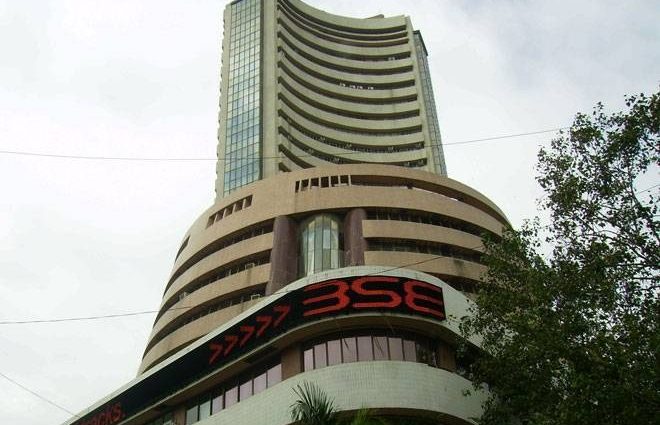TLI Staff
New Delhi: On fears of Coronavirus and global cues, Indian stock markets tumbled on Monday ahead of Holi with both BSE and NSE crashing. The BSE Sensex plunged 1,653.30 points or 4.40 per cent to 35,951.56 leaving investors nervous in the early trade. The Nifty 50 plummeted 445 points and traded at 10,544.30 at 11:56 AM.
Negative sentiments gripped the investors as soon as trade started on the two stock exchanges. The share prices fell across various sectors including IT, telecom, banking and automobiles.
The shares of oil-to-retail behemoth Reliance Industries fell 9.43 per cent to Rs 1,150.25 a piece on the BSE at 12 PM on Monday. Shares of HDFC bank traded 3% lower at Rs 1100.55 as compared to the previous close on the largest stock exchange.
Share prices of crisis-hit Yes Bank which had been decimated earlier with investors dumping their stock saw a sharp recovery amid a resolution plan being finalised by RBI. The bank shares traded 32.72 per cent higher at Rs 21.65 on the BSE on Monday at 12:04 noon.
Following the go-ahead from the government, largest public sector lender SBI has worked out a final plan to resuscitate the private sector peer. It is expected to commit Rs 2,450 crore in the beginning and then can take the total fund infusion to Rs 10,000 crore for a 49 per cent stake in the troubled bank.
The RBI had last weekend placed a draft resolution plan for Yes Bank in the public domain and revealed that SBI had shown interest in acquiring 49 per cent stake in the private lender. The acquirer, as per RBI plan, would have right to appoint two of its directors on the Board of the restructured bank.
The draft plan had said that the acquirer would have to keep 26 per cent stake in the restructured bank for at least three years. It also said that employees would be retained for a minimum of one year.
Before coming out with the revival plan, RBI had a day before superseded the Board of Yes Bank and appointed its administrator. It put a moratorium on bank barring it from any new business activities or making expenses other than prescribed by the RBI while capping withdrawal of deposits by account holders at Rs 50,000 a month.

